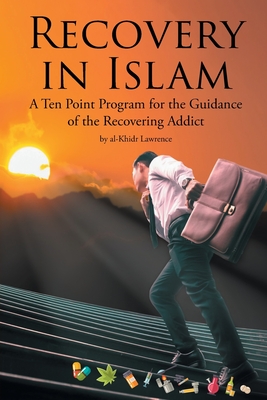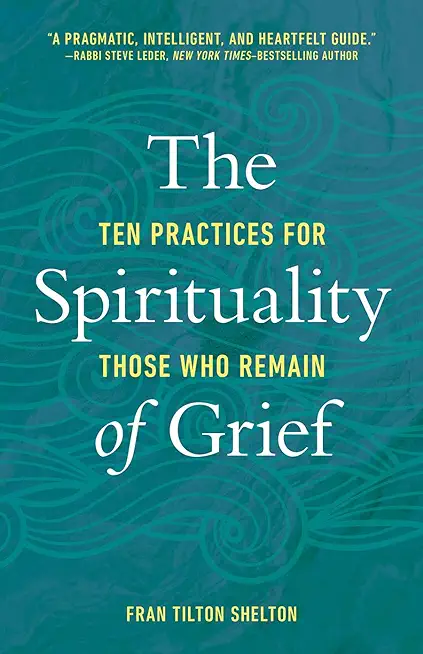
the recovering addict who is struggling to overcome addiction,
alcohol and substance abuse. This program was first introduced
during the late 1980's to members of the Muslim community as
an alternative to the renowned Narcotic Anonymous program
which had been providing services in substance abuse. Because of
cultural variations and contemporary secular attitudes espoused
in the NA project, it was determined that a more comprehensive,
Islaamic based approach be instituted to address the needs of
the Islaamic Community. Subsequently, the ten-step program
was inspired and designed, also known as "Recovery in Islaam".
Addiction represents an enormous challenge to society where substance use disorders have been identified as being responsible for the majority of society's evils. Addiction is generally a neuropsychological symptom defining a pervasive and intense urge to engage in maladaptive behaviors providing immediate sensory rewards (e.g. consuming drugs, excessively gambling, practicing high-risk behaviors), despite their harmful consequences. Whereas: habits and patterns associated with addiction are typically characterized by immediate gratification (short-term reward), coupled with delayed deleterious effects (long-term costs). The ten (10) steps of Recovery in Islam provide practical solutions to the disease of addiction similar to the clinical approaches used to help clients in treatment address the disease of addiction. This includes the same educational material I teach college level students specializing in substance abuse therapy and treatment. The content and text of the book Recovery in Islam explores the disease of addiction and is an invaluable resource to address general human behavior deficiency. This book also examines how the disease of addiction affects the human being, psychologically, spiritually, physically, and emotionally and suggests remedies derived from authentic Hadith and the Holy Quraan.
Anthony Jenkins, Adjunct Professor, LCADC, CCS, SAP
member goods
listens & views

GOSPEL AT NEWPORT 1959/63-66 / ...
by GOSPEL AT NEWPORT 1959/63-66 / VARIOUS
COMPACT DISCout of stock
$13.99

TREVOR JACKSON PRESENTS METALDANCE / ...
by TREVOR JACKSON PRESENTS METALDANCE / VARIOUS
COMPACT DISCout of stock
$16.49





